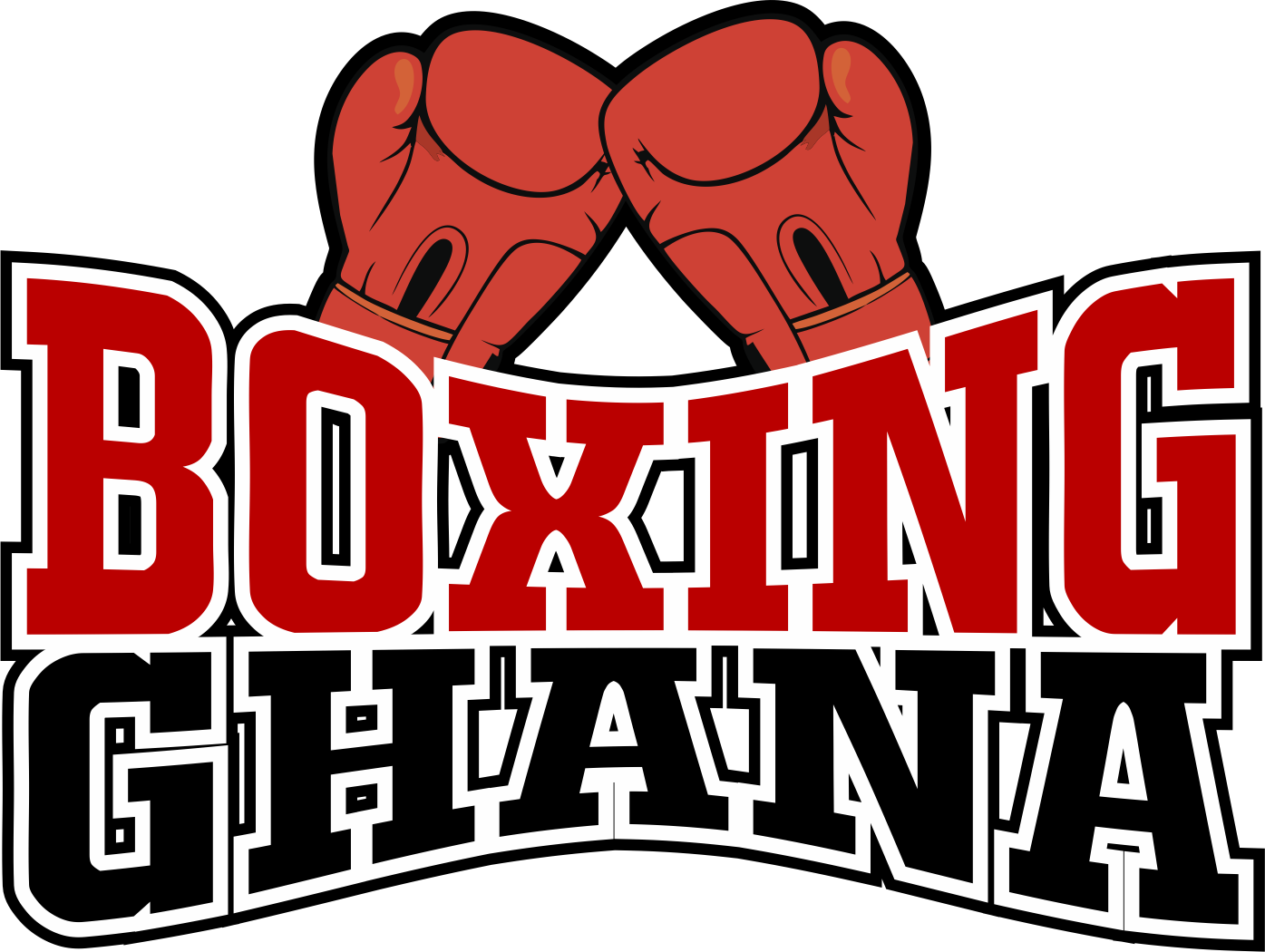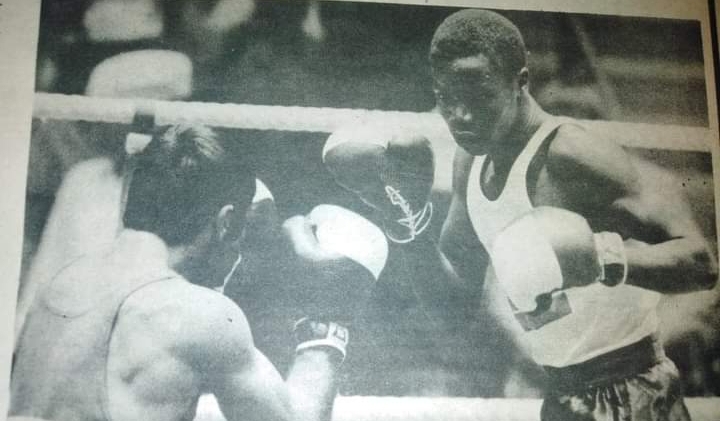
THE STORY OF HOW FELIX MAINA ROSE TO INSTANT FAME IN 1972
South African-born coach Eddie “Papa” Musi produced outstanding boxers at Kariobangi Boxing Club, popularly known as Bangladesh in the 70s.
One of Musi’s products was talented Felix Maina who rose to instant fame in 1972.
Together with Dick Felix and George Oduori, the terrific trio took Kenya boxing by storm with Dick Felix being the first Bangladesh boxer to represent the national team in the inaugural East Africa Championships held in 1971 at City Hall, Nairobi.
The following year Maina and Oduori set ablaze Kenya’s boxing scene with their scintillating performances during the Munich Olympic trials at Pumwani Social Hall.
Oduori, a tall slender boxer had the packed hall on its feet when he matched legendary Phillip Waruinge punch for punch in the final featherweight bout won by Waruinge on split points decision.
“That boy almost messed up my evening,” recalls Waruinge who was returning to the ring after a lengthy lay-off.
“I didn’t expect it, he was a very good boxer with speed and good jab but he was just tapping. My experience saw me through.”
Maina was equally impressive at bantamweight in which he outpointed Rashid Rajab of YMCA.
Watching the action from outside through the windows was a former international boxer Abdul Isendeko.
Says Isendeko: “I was extremely impressed by Oduori and Maina. They inspired me to take up boxing, many fans felt Oduori won but l’m sure they preferred Waruinge because of his experience and the fact that he won bronze in the Olympics in 1968.”
Excitement was evident in Bangladesh when Maina was among the eight Kenyan boxers selected to represent the country in the Munich Olympics.
“We were all overwhelmed with joy Felix was going to Germany,” recalls Maina’s younger brother Sammy Kihumba.
“As a family we felt proud, Bangla the club was now famous in Kenya and overall the whole estate was talking about Felix and Oduori.”
Maina, then a 17-year-old form two student at Dagoretti High School, rose to instant stardom with Kenyan boxing fans looking forward to his international debut in Munich.
He dropped down to flyweight to pave way for Africa bantamweight champion, stylish John Nderu.
Others in the Munich-bound team were featherweight Philip Waruinge and his younger brother, lightweight Sammy Mbogwa, welterweight Dick “Tiger” Murunga, light-middleweight David “Simba” Attan (captain), middleweight Peter Dula and light-heavyweight Steve Thega.
Five of them, Nderu, Mbogwa, Murunga, Attan and Thega won gold medals in the Africa Boxing Championships held at the Railway Club in March that same year, a tournament we watched as budding boxers with friends Kamau “Pipino” Wanyoike, Napunyi Oduori and Steve Muchoki with his Dallas buddies.
In Munich, Maina received a bye to the second round but was not so lucky losing his first fight to Italy’s Franco Udella.
“I was a bit weak because of slashing weight to make it to flyweight,” he said on return home. He was however happy they scooped three medals, a silver from Waruinge and two bronze medals won by Mbogwa and Murunga.
There was cut-throat competition in the flyweight berth which attracted 36 boxers. By then each country was sending boxers directly to the Olympics unlike now with the qualifiers taking place to separate the wheat from the chaff.
Maina, the third born in a family of six – five boys and one girl – returned home to a rousing welcome from his teammates at Bangla Boxing Club, friends and family members.
“We were all so excited our brother was back home, he bought us clothes and so many gifts from Munich,” says Maina’s fourth-born brother Kihumba.
“He had so much money with him he didn’t know how to spend it, we had a good time and ate whatever we wanted. My late brother (he passed on in 2013) was a generous person by nature.”
Kihumba was also a boxer too. In addition to his Bangla club, he also repreresented Dagoretti High School which he joined in 1973 after passing his CPE examination. In 1974 he won the light-flyweight title and was named the best boxer in the national secondary schools boxing championships at Kabete Technical School.
“Life for Maina changed instantly, he started reaping the fruits of his labour in boxing,” recalls Kihumba.
“He dropped out of Dagoretti High in form two and got a job in the Kenya Army as a civilian with George Oduori.
“My brother was on the move. He didn’t work for long at the Army. When Breweries Boxing Club was formed, they recruited him together with Oduori and other top boxers then like Mohammed Abdullah Kent, Raymond Juma, Masogo and Abdulrahman Athuman.”
Photo courtesy: Felix Maina, right, in action against Italy’s Franco Udella who outpointed the Kenyan 5-0 on points at the 1972 Munich Olympics.
NENEZ MEDIA SERVICES

